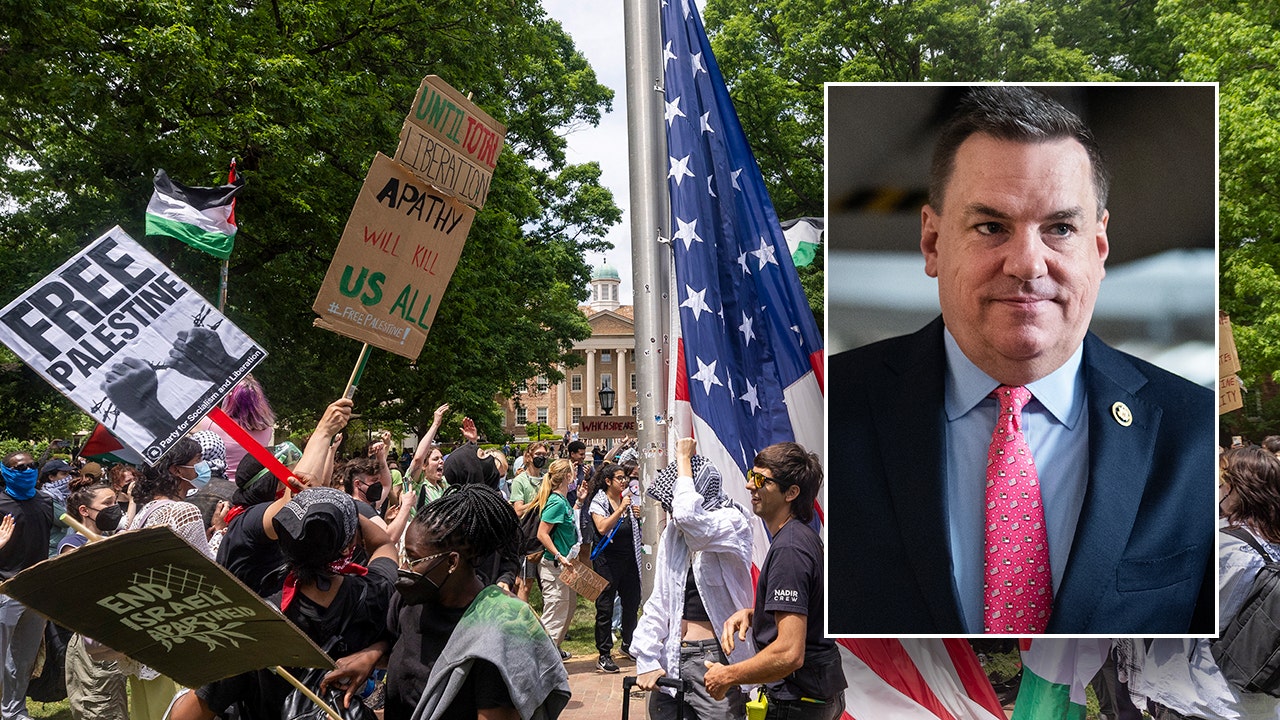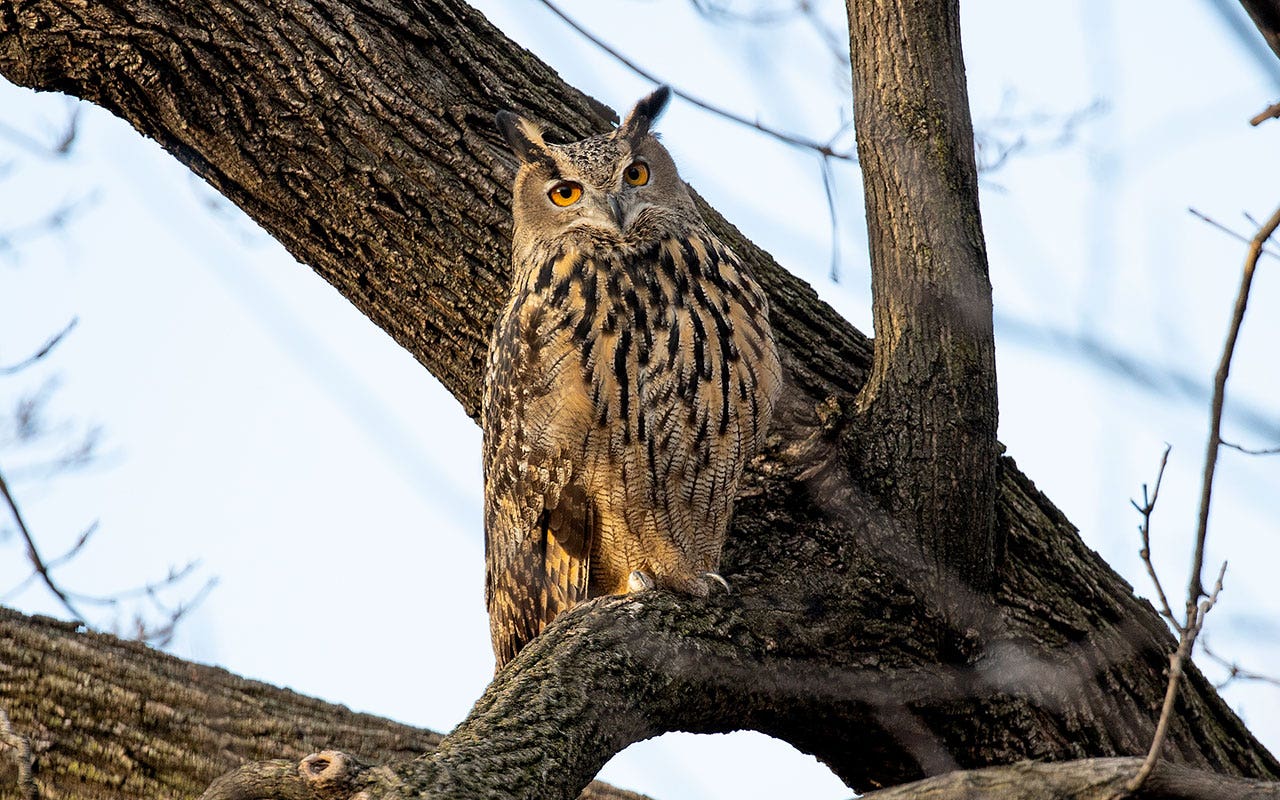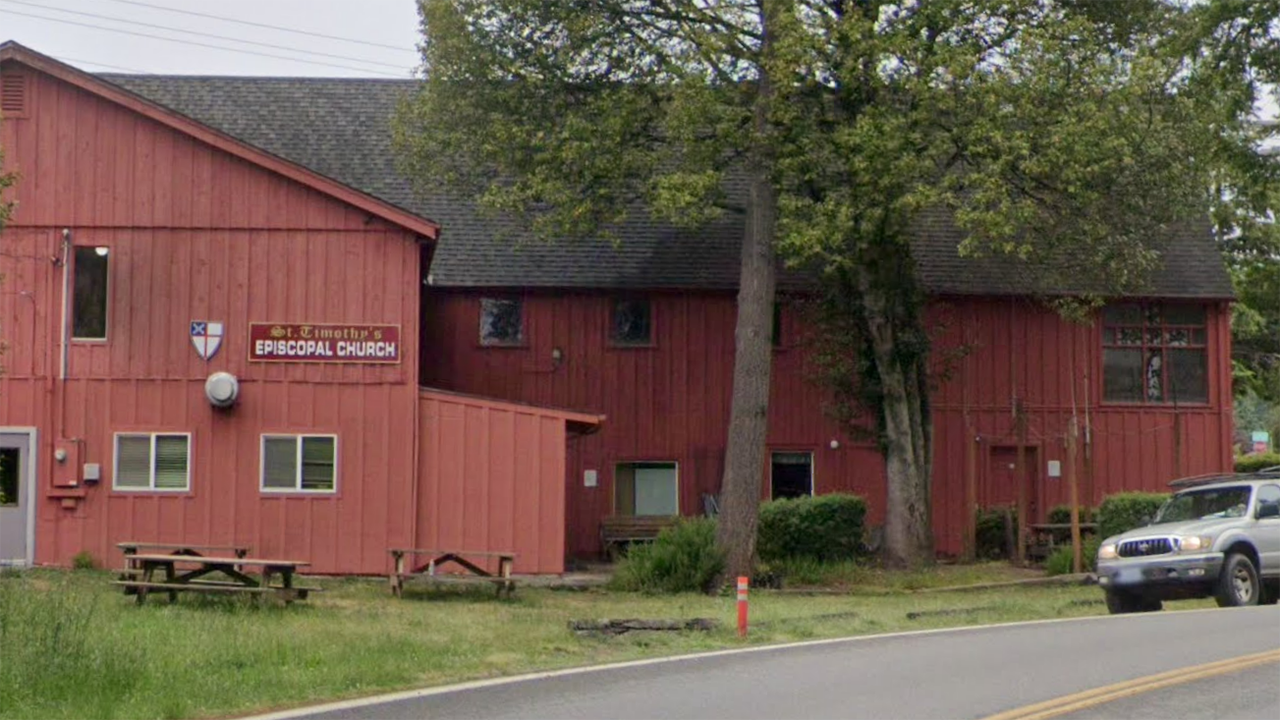Tribal feuds have also added to the post-disaster safety risks.
Ruth Kissam, a community organizer in Enga Province, said giant boulders fell from the land of one tribe onto a residential town occupied by another tribe.
“There will be tension,” she said. “There is already tension.”
Even before the disaster, the region had been experiencing tribal clashes that led people to flee surrounding villages, with many ending up concentrated in the community buried in the landslide. In September of last year, much of Enga was in a government lockdown and under a curfew, with no flights in or out.
Now, as the search for the dead and living continues, anger and violence have been intensifying.
On Saturday morning, a quarrel flared between two clans, leaving people dead and dozens of houses burned down, said Seran Aktoprak, the chief of mission at the International Organization for Migration’s office in Papua New Guinea. He added that the threat of violence makes it harder to deliver aid.
Papua New Guinea officials also stressed a need for calm.
“Following the inspection conducted by the team, it was determined that the damages are extensive and require immediate and collaborative actions from all players,” said the letter from government officials who visited the site.
The landslide struck the village about 3 a.m. Friday, when many residents were asleep. Some of the boulders that buried houses and cut off a major highway were larger than shipping containers. Even in a region with frequent heavy storms and earthquakes, the landslide has drawn intense expressions of grief from within the country and beyond — including the White House.
“Jill and I are heartbroken by the loss of life and devastation caused by the landslide in Papua New Guinea,” President Biden said in a statement after the disaster. “Our prayers are with all the families impacted by this tragedy and all the first responders who are putting themselves in harm’s way to help their fellow citizens.”
Christopher Cottrell contributed reporting.






